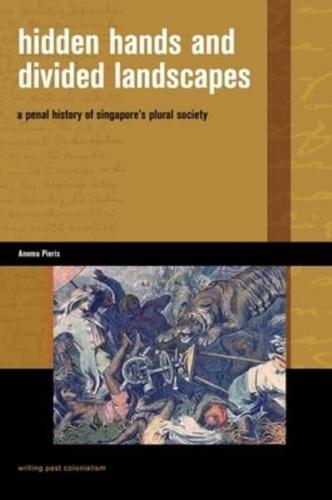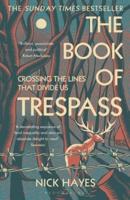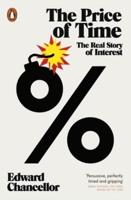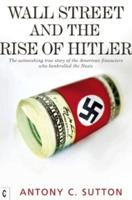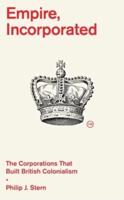Publisher's Synopsis
During the nineteenth century, Singapore was established as a free port of British trade in Southeast Asia and proved attractive to large numbers of regional migrants. Following the abolishment of slavery in 1833, the Straits government transported convicts from the East India Company's Indian presidencies to the settlements as a source of inexpensive labor. The prison became the primary experimental site for the colonial plural society and convicts were graduated by race and the labor needed for urban construction. ""Hidden Hands and Divided Landscapes"" investigates how a political system aimed at managing ethnic communities in the larger material context of the colonial urban project was first imagined and tested through the physical segregation of the colonial prison. A description of the evolution of the ideal plan for a plural city across three settlements is followed by a detailed look at Singapore's colonial prison. Chapters trace the prison's development and its dissolution across the urban landscape through the penal labor system. The author demonstrates the way in which racial politics were inscribed spatially in the division of penal facilities and how the map of the city was reconfigured through convict labor. Later chapters describe penal resistance first through intimate stories of penal life and then through a discussion of organized resistance in festival riots.


